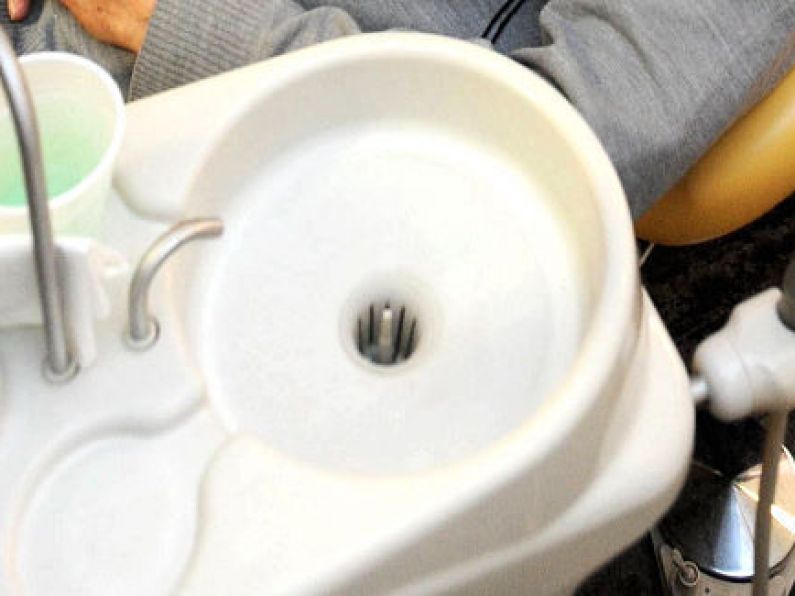A TD says she left her home for a week after getting threatening phone calls in the middle of the night.
It is one of a number of instances of abuse against female politicians, including death and rape threats.
The National Women's Council of Ireland (NWCI) has highlighted the abuse as one of the many issues providing a barrier to women entering politics.
Fianna Fáil TD Anne Rabbitte says she has received threatening phone calls since entering the Dáil.
"When you're getting that abuse at 12 o'clock at night and you're sitting on your couch, your defence mode isn't as heightened as when you have the work clothes on," she said.
"You're in a different mode of thinking. It just isn't nice. You're in your home environment, you're not in the office so it hits you differently.
Then you get the really threatening calls which actually got me totally unawares: 'We know where you are, we will come and get you'.
The NWCI is calling for gender quotas to be implemented to increase the number of female councillors elected to local government.
"This research was commissioned to deepen our understanding of the barriers faced by women in running and getting elected to local office," said Orla O’Connor, Director of NWCI.
"The findings indicate the sheer number and complexity of barriers that women face in running for local office, and in being elected. These range from issues around care responsibilities and the cost of childcare, to the fact that women councillors are not entitled to maternity leave, and that parties are more likely to recruit candidates from traditionally male networks such as the GAA."
Ms O'Connor said the introduction of a gender quota would be "fastest and quickest way" to increase the number of women working in local politics.
"In a representative democracy, it matters who represents us," Ms O'Connor continued.
"The research indicates a clearer and more consistent interest in social issues, for instance more women than men reporting issues like poverty and racism as priority issues. The continued low numbers of women in local government means women have less access to power, and causes deficits in the quality of local democracy."






